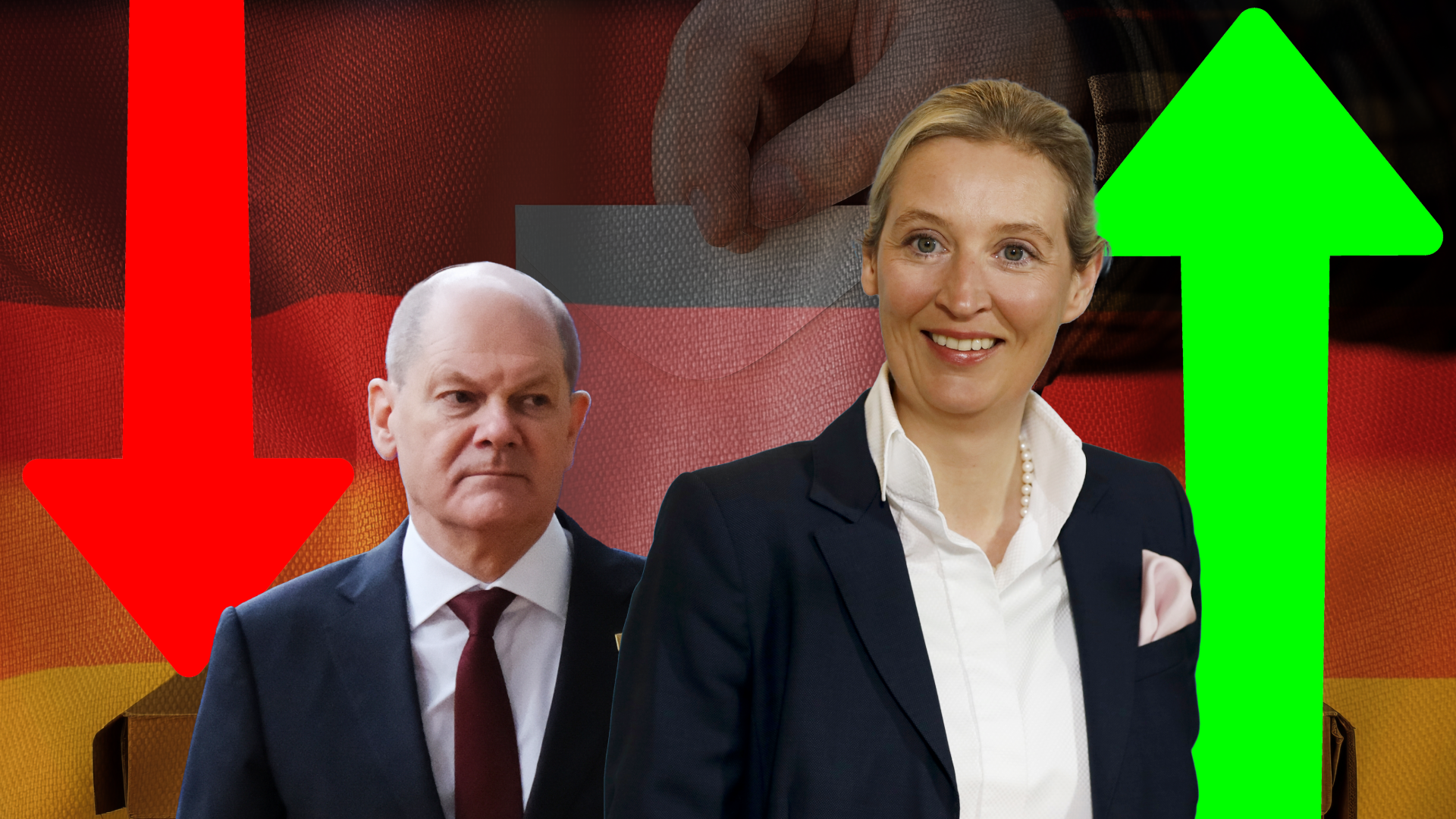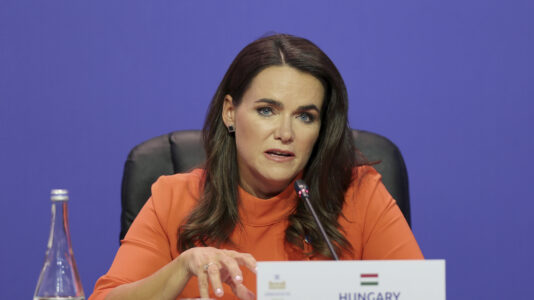After the Alternative for Germany (AfD) sunk down in the wake of the Correctiv scandal over the summer, the party has gone progressively higher in national polls, with the latest from Insa showing it has reached 19.5 percent, making it the second most popular party in the country.
At the same time, the far-left coalition government has reached a new record low, combined to receive only 28 percent of the vote, with the Social Democrats (SPD) at only 14 percent, the Greens at 10 percent, and the Free Democrats (FDP) at 4 percent. The FDP is therefore under threat of failing to meet the 5 percent threshold needed to join parliament.
The poll also shows the Christian Democrats (CDU) in the lead with 32.5 percent, while the left-wing BSW is at 10 percent.
The AfD, after sinking in the polls to 15.5 percent in June, was already rising in the polls before its election victory in Thuringia and its second-place finish in Saxony, where it was just behind the Christian Democrats (CDU). Now, the party’s stellar results in the east of the country appear to have further buoyed its support amongst the populace.
The same poll also showed that the AfD’s co-leader, Alice Weidel, is now more popular than Chancellor Olaf Scholz of the SPD. However, the three most popular politicians in the country overall are Defense Minister Boris Pistorius (SPD), CSU leader Markus Söder and NRW Prime Minister Hendrik Wüst (CDU). In fourth place, Friedrich Merz of the CDU has jumped up past Sahra Wagenknecht, the BSW leader.
The national Insa poll, which was commissioned by Bild, comes shortly after a regional Brandenburg poll showed that the AfD had increased its support by four points, to reach 27 percent of the vote. The last poll by Infatest dimap showed the AfD with only 23 percent of support.
Voters will head to vote in Brandenburg on Sept. 22.






